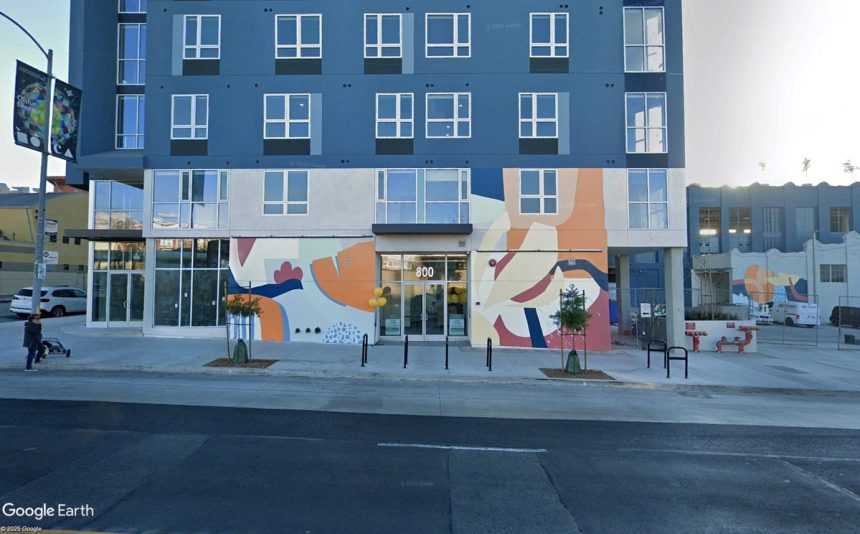The Seoul government unveiled the details of its 12 trillion-won ($8.59 billion) supplementary budget proposal Friday that it said will support key industries amid heightened trade uncertainties stemming from escalating US tariff tensions. The government proposed 12.
2 trillion won for the extra budget, which includes 3.2 trillion won earmarked for disaster prevention and recovery efforts following the worst wildfires in the country's recent history. The proposed extra budget also includes 4.

4 trillion won for mitigating trade risks and supporting advanced industries, and 4.3 trillion won for easing the burden on people's livelihoods, according to the finance ministry. The government initially proposed a 10 trillion-won supplementary budget to address what it had described as the "most pressing issues," including recovery efforts following a series of wildfires that devastated southeastern regions, but later increased the size of the envisioned budget.
It marks the first extra budget bill proposed by the government since May 2022, when the country implemented a 62 trillion-won supplementary budget to help small merchants affected by the COVID-19 pandemic. The proposal also comes amid an escalating global trade war sparked by the United States' tariff scheme, which includes a 25 percent reciprocal duty for South Korea. Bank of Korea Gov.
Rhee Chang-yong earlier said a 12 trillion-won supplementary budget, if implemented, would boost the country's economic growth rate by 0.1 percentage point this year. For disaster response, the government plans to spend 1.
4 trillion won on supporting the recovery of regions that suffered damage from the massive wildfires. It also set aside 1.7 trillion won to enhance the nation's disaster response capabilities by purchasing six new firefighting helicopters and 30 artificial intelligence surveillance cameras to better detect fire outbreaks at an early stage.
Another 200 billion won is planned to be used in improving the safety of airports and decrepit sewage facilities to prevent accidents involving sinkholes. For industry support, the government aims to invest 1.8 trillion won in providing financial aid to companies expected to suffer damage from US tariffs and 200 billion won in stabilizing the supply chain of critical minerals.
Some 1.8 trillion won will be allocated to innovate the local AI ecosystem by securing 10,000 advanced graphic processing units in 2025, support the development of global-level large language models and foster talent in the area. Another 500 billion won has been set aside to boost the competitiveness of the semiconductor and other strategic industries.
For supporting people's livelihoods amid a sluggish economy, the government plans to spend an additional 2.6 trillion won on easing the financial burdens of small businesses and 1.6 trillion won to help mom-and-pop stores expand their sales.
The government plans to submit the extra budget bill to the National Assembly on Tuesday. The finance ministry said the government plans to fund 4.1 trillion won of the envisioned extra budget using available resources, including reserve funds, while the remaining 8.
1 trillion won will be raised through government bond issuance. With the budget plan, the national debt is expected to increase by 6 trillion won to reach 127.9 trillion won, which accounts for 48.
4 percent of the national gross domestic product, according to the ministry. (Yonhap).
Business

Govt. proposes W12tr extra budget to support key industries, respond to pressing matters

The Seoul government unveiled the details of its 12 trillion-won ($8.59 billion) supplementary budget proposal Friday that it said will support key industries amid heightened trade uncertainties stemming from escalating US tariff tensions. The government proposed 12.2 trillion won for the extra budget, which includes 3.2 trillion won earmarked for disaster prevention and recovery efforts following the worst wildfires in the country's recent history. The proposed extra budget also includes 4.4 tr















